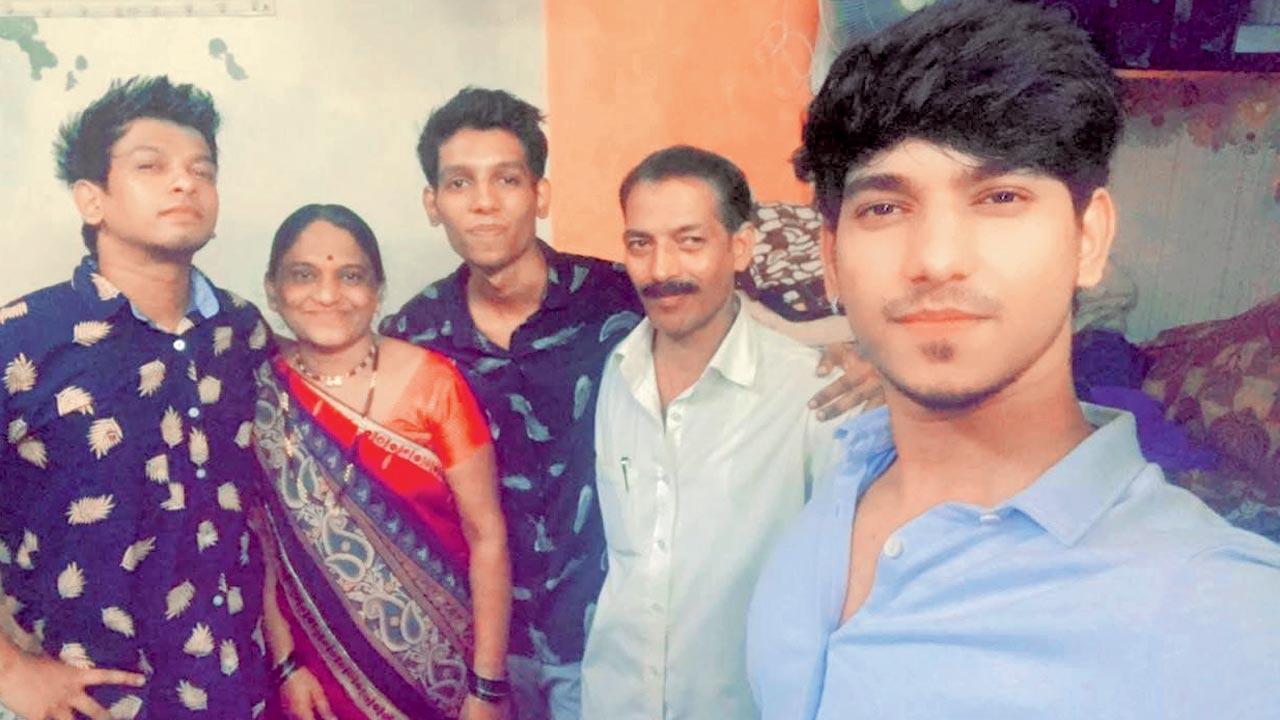
The Bombay High Court has instructed a Mumbai-based starred hotel to pay a person Rs 25 lakh for terminating his services without a disciplinary inquiry, 13 years ago. Despite facing numerous delays and legal setbacks, Bhikan Deokar, 52, and his pro bono advocate, Shazi Kazi, continued to fight the legal battle.
As the sole provider for his family of five, Deokar, a substitute driver earning approximately Rs 10,000, who faced financial challenges during his long legal battle expressed gratitude to Advocate Shafi Kazi for his support throughout the legal trial. “I am thankful to advocate Kazi. He understood my financial condition and inability to pay his professional fees and still fought my case. My family and I will remain indebted to him,” said Deokar.
The case
According to Kazi, Deokar worked with Chalet Hotels Limited and its associate hotels since February 2, 2002, driving vehicles to assist customers. In 2003, his services were transferred to various contractors, with the final one being Orix Auto Infrastructure Services Limited. Despite this, he was never officially transferred on paper, and his services remained uninterrupted until December 28, 2010. “While employed by the contractor, Deokar was accused of absenteeism, which is not true. He consistently reported to work since joining,” said his advocate.
Labour court Award
The labour court, after hearing both sides, ruled that the company held an employer-employee relationship with Deokar, stating the contractor did not influence his employment conditions. Consequently, the court directed the company to reinstate Deokar with continuity and awarded 50 per cent back wages from his termination date. The advocate highlighted that the termination order issued by the contractor in 2012 was nullified. Deokar’s last known wages were reported as Rs 6,500, despite pay slips showing amounts of Rs 10,000 and above per month.
Award challenged
The company ignored the labour court’s orders, leading Deokar to file a complaint under the Maharashtra Recognition of Trade Unions and Unfair Labour Practices Act, 1971.
Simultaneously, the company challenged the order on back wages. In response, Deokar filed a cross-writ petition contesting the award’s limited wages and urging fair compensation equivalent to the rates paid to drivers in the same category employed by the company.
Other side
Advocate R V Paranjpe, representing the hotel, argued that the labour court made errors in directing Deokar’s reinstatement, as he was never employed by the hotel but by the contractor, Orix.
Paranjpe highlighted two errors in the labour court’s decision: it exceeded the reference’s scope by delving into the employer-employee relationship and unnecessarily introduced this issue during the order of back wages. He further contended that Deokar was not entitled to back wages from the hotel. He argued that the direction to pay 50 per cent back wages was granted by expanding the reference’s scope.
Court observation
The court observed the termination as wrongful due to a lack of disciplinary inquiry and the absence of retrenchment compensation. The order suggested a lumpsum compensation of R25,00,000 as a final settlement, considering the 13 years since termination and Deokar’s age of 52. Advocate Kazi argued that the termination was illegal, emphasising an unsatisfactory compensation of Rs 25,00,000 compared to Deokar’s 22-year service and potential earnings of Rs 40,000 to Rs 50,000 per month. He asserted the company’s involvement in unfair labour practices.
#Mumbai #Hotel #told #pay #driver #lakh #wrongful #termination